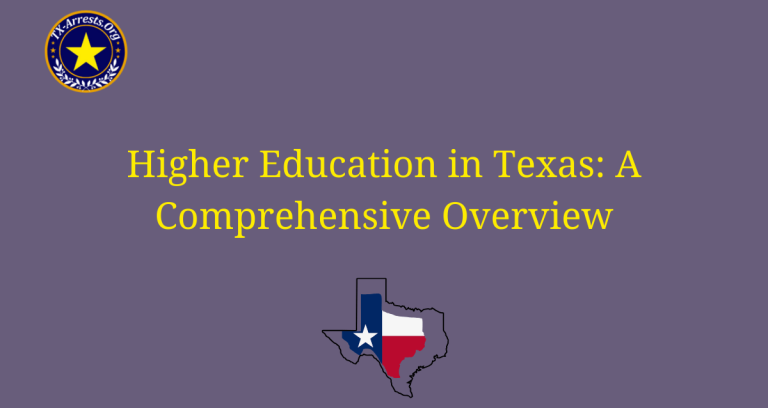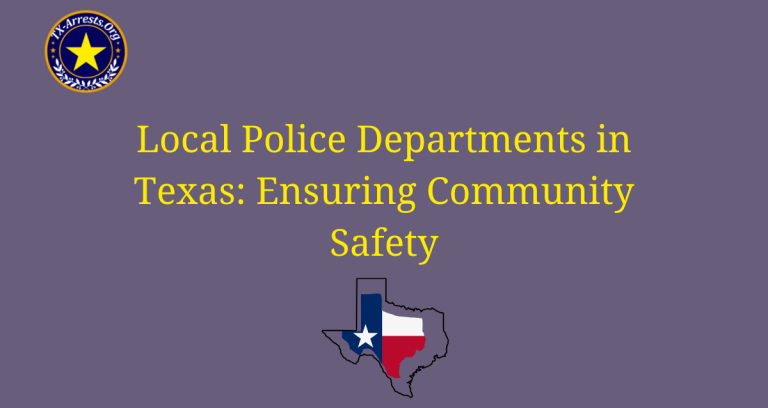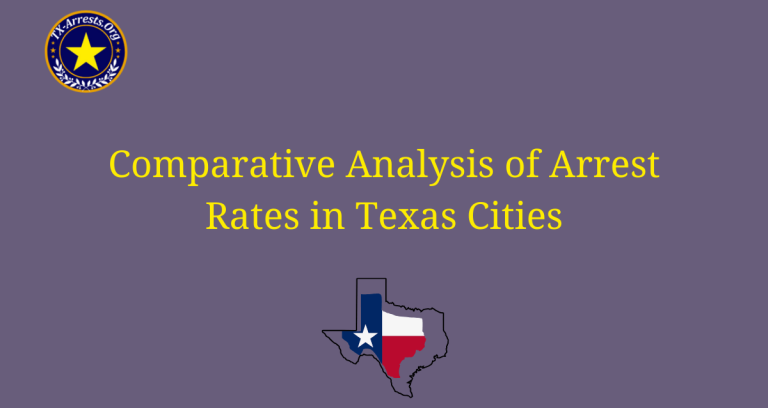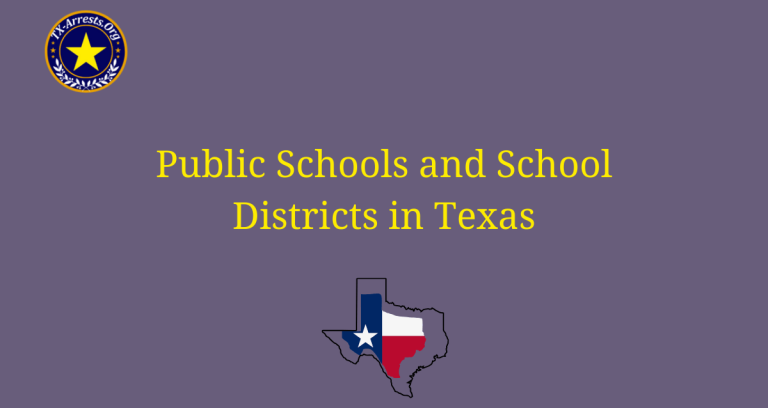Roles and Functions of the Governor and State Legislature in Texas
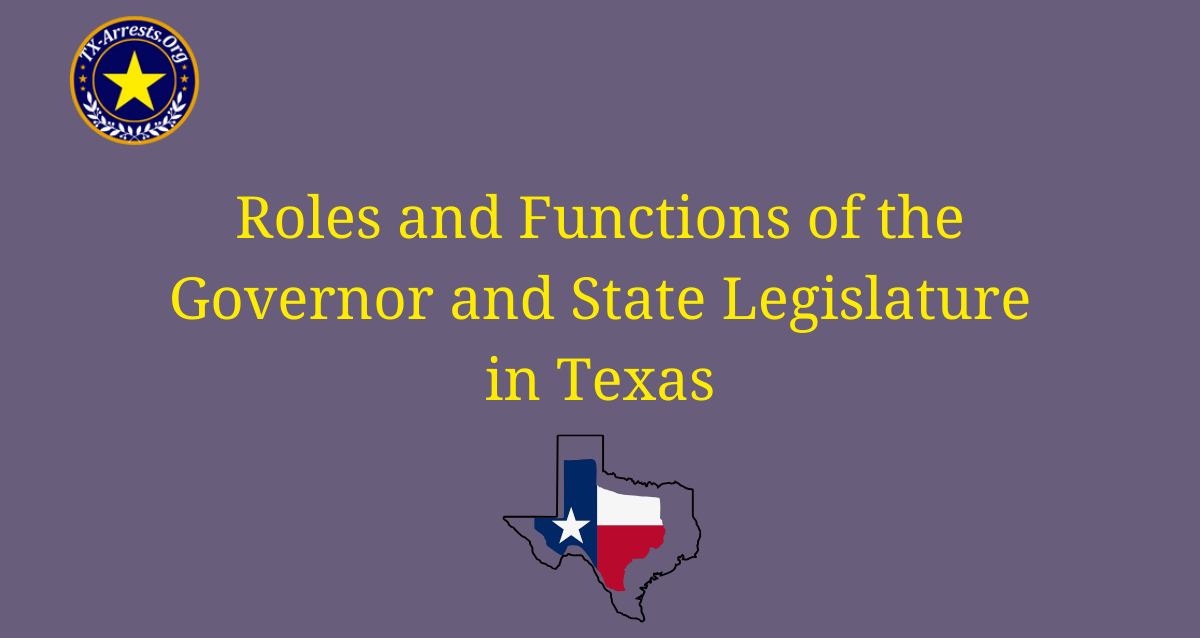
The roles and functions of the Governor and State Legislature in Texas play a crucial role in the governance of the state. The Governor, as the head of the executive branch, is responsible for implementing and enforcing laws, managing the state budget, and representing Texas in various capacities. The State Legislature, composed of the Senate and the House of Representatives, is responsible for making and amending laws, approving the state budget, and overseeing the operations of state agencies.
The Governor holds significant power in Texas, with the ability to veto legislation, appoint key officials, and declare a state of emergency. They also have the responsibility of delivering the State of the State address, outlining their priorities and initiatives for the upcoming legislative session. Through their executive powers, the Governor plays a crucial role in shaping the policies and direction of the state.
Texas Governance: Governor & Legislature Roles
In Texas, the governor and state legislature play pivotal roles in shaping the state’s governance. The governor, as the chief executive, holds the power to propose and veto legislation, command the state’s military forces, and execute laws. Meanwhile, the state legislature, comprising the House and Senate, is responsible for crafting, debating, and passing legislation, as well as overseeing the budget. Together, these branches collaboratively steer the state’s policy agenda, ensuring effective governance and responsiveness to the diverse needs of the Texan population.
Implementing and Enforcing Laws
The Governor of Texas, as the head of the executive branch, holds the responsibility of implementing and enforcing laws in the state. This involves ensuring that laws passed by the State Legislature are properly executed and followed. By overseeing law enforcement agencies and working closely with state agencies, the Governor plays a crucial role in maintaining law and order.
Managing the State Budget
Another important role of the Governor is managing the state budget. They are responsible for proposing a budget to the State Legislature and working with them to finalize it. The Governor must ensure that the state’s financial resources are allocated efficiently and effectively to meet the needs of the citizens. Through careful budget planning, the Governor contributes to the economic stability and growth of Texas.
Representing Texas
The Governor serves as the representative of Texas in various capacities. They act as the face of the state in meetings and negotiations with other states, the federal government, and international entities. The Governor advocates for the interests of Texas and promotes its economic, social, and cultural strengths. By establishing strong relationships and partnerships, the Governor enhances Texas’ position on the national and global stage.
Making and Amending Laws
The State Legislature, composed of the Senate and the House of Representatives, has the primary responsibility of making and amending laws. Through the legislative process, lawmakers propose, debate, and vote on bills that address the needs and concerns of the state. The State Legislature ensures that the laws are fair, just, and aligned with the principles of democracy. This democratic process allows for the representation of diverse voices and interests.
Approving the State Budget
One of the key functions of the State Legislature is approving the state budget. Lawmakers review the budget proposal put forth by the Governor and make necessary amendments before passing it. They prioritize funding for various sectors such as education, healthcare, infrastructure, and public safety. By scrutinizing the budget, the State Legislature ensures that taxpayer money is allocated wisely and efficiently.
Overseeing State Agencies
The State Legislature also has the responsibility of overseeing the operations of state agencies. They conduct hearings and investigations to evaluate the performance of these agencies and ensure that they are functioning effectively. The State Legislature holds the agencies accountable for their actions and decisions, promoting transparency and accountability in governance.
Veto Power and State of Emergency Declaration
The Governor holds significant power in Texas, including the ability to veto legislation. This power allows the Governor to reject bills passed by the State Legislature that they believe are not in the best interest of the state. Additionally, the Governor has the authority to declare a state of emergency in times of crisis or disaster. This enables them to take swift action and allocate resources to protect the citizens and mitigate the impact of emergencies.
FAQs
What are the roles and functions of the Governor in Texas?
The Governor of Texas serves as the chief executive of the state and is responsible for overseeing the daily operations of the government. They have the power to sign or veto bills passed by the State Legislature, appoint individuals to various state boards and commissions, and serve as the commander-in-chief of the state’s military forces.
What are the roles and functions of the State Legislature in Texas?
The State Legislature in Texas consists of the House of Representatives and the Senate. It is responsible for creating and passing laws that govern the state. The Legislature also has the power to approve the state budget, confirm or reject appointments made by the Governor, and impeach public officials.
How does the Governor influence the legislative process in Texas?
The Governor of Texas plays a significant role in the legislative process. They have the power to propose legislation, set the legislative agenda, and call special sessions of the Legislature. The Governor can also use their veto power to reject bills passed by the Legislature, which can greatly impact the outcome of proposed laws.
How does the State Legislature in Texas influence the budget process?
The State Legislature in Texas is responsible for approving the state budget. They review the Governor’s proposed budget, make any necessary changes, and ultimately pass a budget that allocates funds for various state programs and services. The Legislature also has the power to appropriate additional funds or make budget cuts as needed.
What checks and balances exist between the Governor and the State Legislature in Texas?
In Texas, the Governor and the State Legislature have checks and balances in place to ensure a separation of powers. The Governor can veto bills passed by the Legislature, but the Legislature can override the veto with a two-thirds majority vote. The Legislature can also impeach the Governor if there are grounds for removal from office.
How does the Governor and the State Legislature in Texas impact the state’s economy?
The Governor and the State Legislature in Texas have a significant impact on the state’s economy. They work together to create policies and legislation that promote economic growth, attract businesses to the state, and support industries such as oil and gas, agriculture, and technology. Their decisions on taxes, regulations, and incentives can shape the economic landscape of Texas.
Conclusion
Both the Governor and the State Legislature in Texas play critical roles in the governance of the state. While the Governor implements and enforces laws, manages the state budget, and represents Texas, the State Legislature makes and amends laws, approves the state budget, and oversees state agencies. Together, they contribute to the effective functioning of the government and the well-being of the people of Texas.

